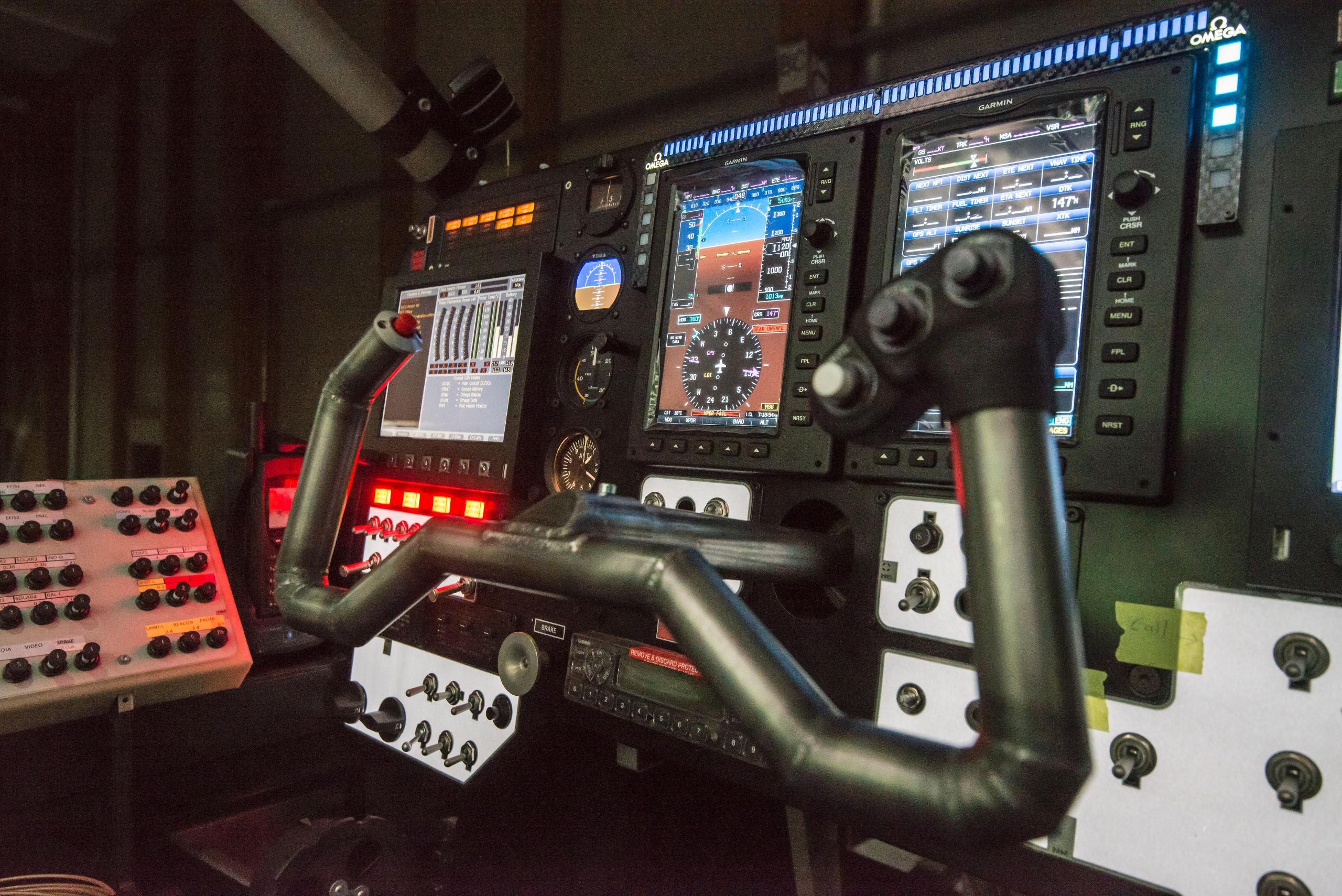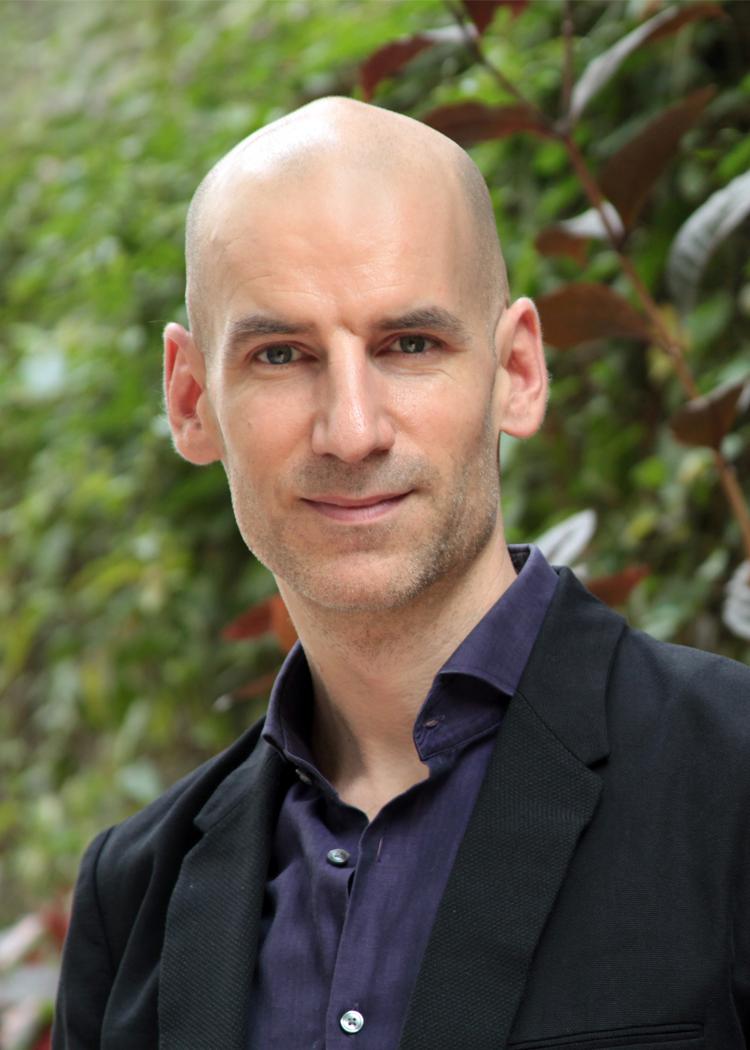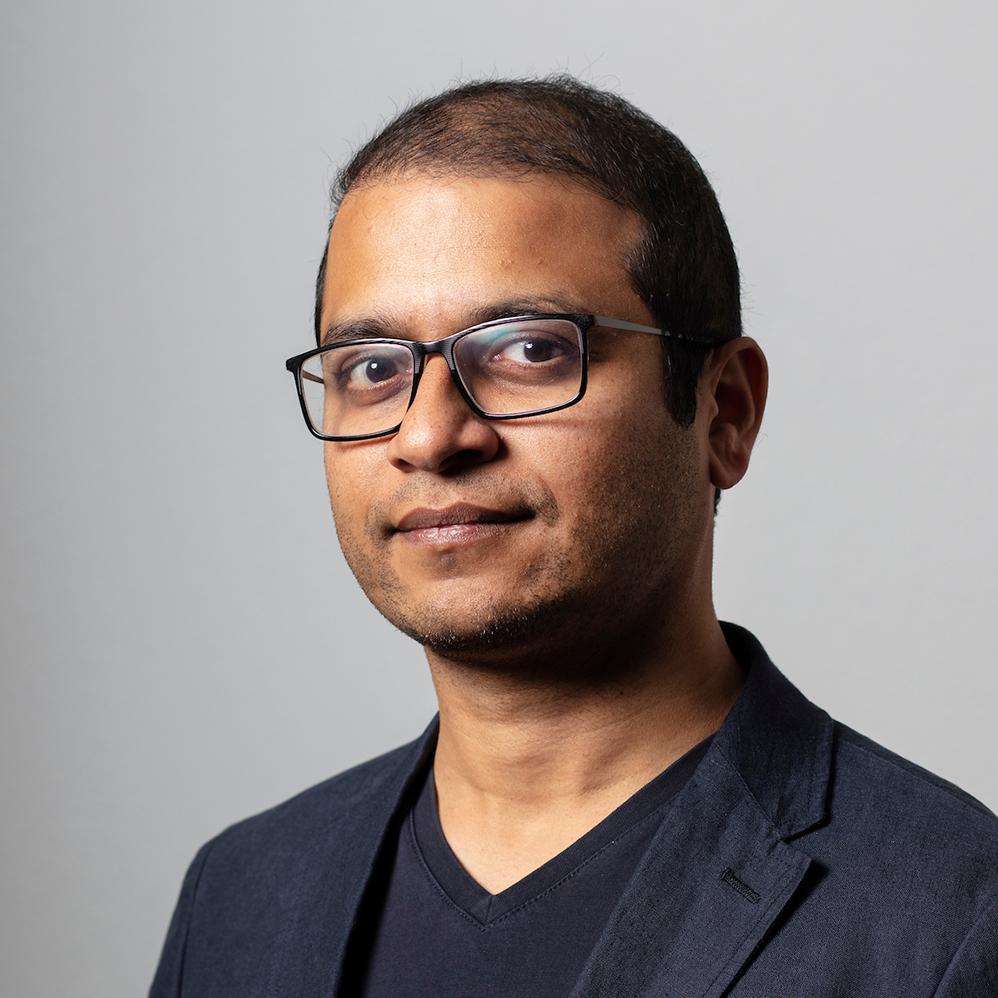Solar Impulse whets India’s appetite for innovation

Can the buzz created by the arrival of the high-profile Swiss solar-powered plane in India inspire more down-to-earth innovation in the country? swissnex India CEO Balz Strasser is convinced that India has a lot to offer to the world when it comes to frugal innovation.
swissnex IndiaExternal link connects Switzerland and India in the fields of science, education, art and innovation.
swissinfo.ch: How has Solar Impulse been received in India?
Balz Strasser: The general reaction has been very good. People have been following it online and through social media. It has made the front pages of several newspapers so far and they have done a good job by framing it in the context of renewable energy and clean technologies.
The message being shared is not about putting as many passengers on a solar plane as possible but to show that innovation and pioneering spirit of humankind can change habits and improve the quality of life.
swissinfo.ch: Is there an awareness that it is a Swiss endeavour?
B.S: Some weeks back, many people I talked to knew already about the arrival of Solar Impulse. They were however sometimes surprised to hear that it was an idea born in Switzerland, More recently however, most of the media stories in India now refer to Solar Impulse as a Swiss plane.

The Swiss identity is something that we do need to promote. That is exactly the reason why we are launching the “Year of Swiss Innovation in India 2015-16”, which is starting right now with the arrival of Solar Impulse as the first major event.
During the landing of the solar plane, my colleagues from the Swiss embassy organised a panel discussion on how Indo-Swiss cooperation projects can promote energy-efficiency and clean technology solutions in India.
Symposia, workshops and exhibitions on topics such as renewable energy, green buildings, smart cities, robotics, digital innovation and artistic performances based strongly in science and innovation will follow. We want to brand Swiss innovation in India to highlight what Switzerland can offer in terms of business and technological solutions to the benefit of both India and Switzerland.
swissinfo.ch: Are Indians particularly receptive to technological innovation, given the number of engineers and scientists the country produces every year?
B.S: They really love it. Everything we do here is well received. Young people are extremely interested and want to know what they can do with technology. For example, we did a workshop on robotics once where students could put together their robots. I love the excitement we can create here when an event is about technological innovation.
What people appreciate is that we do events which promote Swiss innovation and the technological solution around it, and not a brand around a technology. Unfortunately, many events in Bangalore are too often used as promotional tools for corporate products.
swissinfo.ch: Are there similarities between what Solar Impulse is trying to achieve – promote Swiss innovation and fly the Swiss flag – and what swissnex India is attempting to accomplish?
B.S: Definitely. Solar Impulse promotes the idea of Swiss precision, technology and perseverance. These are values that we also try to disseminate when we talk about innovation or promote our start-ups. In that sense, Solar Impulse helps us a lot by showcasing what Switzerland does. The same also applies for other well-known Swiss companies and ventures.
However, at swissnex we also want to promote technologies and solutions that are accessible to our target audience. Solar Impulse is a great project but not many people can directly access it. Thus, we bring in projects from Switzerland which people can see and experience themselves. This week we have, for example, [the flight simulator] BirdlyExternal link in our office and we have an amazing flow of people wanting to experience it.
Both need to go together. Events like Solar Impulse are important to carry fundamental messages linked to Swiss innovation and technology.
On the other hand, we need to showcase projects that are accessible to students, academics through many smaller events which we co-organise with Swiss companies in India, industry associations, universities and other partners.
swissinfo.ch: Solar Impulse is an ambassador for Switzerland and swissnex India is an annexe of the Consulate of Switzerland in Bangalore. Do you think that technology can serve as a bridge between two cultures?
B.S: Yes, of course, but only if you break it down to something that is accessible to most people. Our Swiss academic guests visiting India are amazed to see the creativity of young Indian engineers.
There is a great ecosystem of local start-ups, co-working spaces, and start-up festivals where our Swiss stakeholders can easily connect with their Indians counterparts. You can easily create bridges by talking about innovations like robots, 3D printers, solar panels or urban gardening.
swissinfo.ch: What lessons do you think India can learn from the Swiss model of innovation – high R&D investment, strong academic institutions, and international focus?
B.S: There are initiatives that sustain innovation in Switzerland that could be adapted to the Indian context. For example, we have government agencies like the Commission for Technology and Innovation (CTI) that successfully links applied research with the industry, and promotes Swiss start-ups in their early phase.
A lot is also about education and training. Indian government agencies are interested to learn about Switzerland and its vocational education and training model. The government under Prime Minister [Narendra] Modi launched the “Make in India” national programme to transform the country into a world class manufacturing hub. They realised that India has excellent engineers but they lack applied skills. Indian engineers can do complex algorithms with ease, but often lack practical skills.
swissinfo.ch: Innovation in India appears to be largely confined to ICT services. Can this creative energy be transferred to other sectors like renewable energy, for example?
B.S: I think India has a very special ecosystem with a lot of potential for low-cost creative solutions. Many companies are interested to work in India to understand how to do “frugal innovation” – offer 80% of the quality at 20% of the cost. There are many design schools and universities here that work with multinational companies to develop systems to assist them in redesigning products and services with a frugal innovation concept. They know that if they manage to do it successfully here, they would have good markets in other Asian countries or even in other emerging countries like Brazil or South Africa.
Together with science and technology counsellors based in Swiss embassies around the world, swissnex plays an active role in strengthening Switzerland’s leadership as a world-class location. It is an initiative of the Swiss State Secretariat for Education and Research and Innovation in association with the Swiss foreign ministry. Besides Bangalore, swissnex is also present in Boston, San Francisco, Rio de Janeiro, Shanghai and Singapore.

In compliance with the JTI standards
More: SWI swissinfo.ch certified by the Journalism Trust Initiative




You can find an overview of ongoing debates with our journalists here. Please join us!
If you want to start a conversation about a topic raised in this article or want to report factual errors, email us at english@swissinfo.ch.